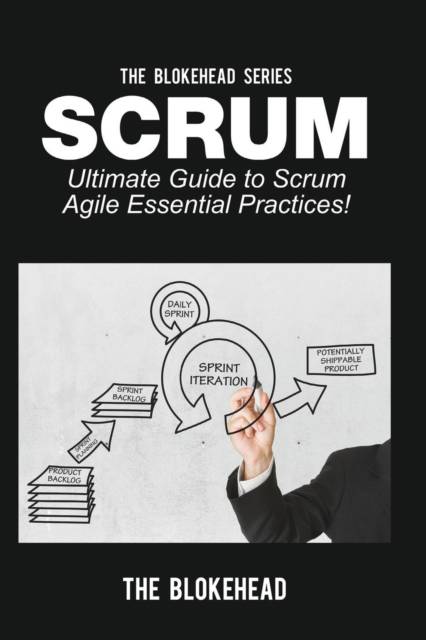
- Afhalen na 1 uur in een winkel met voorraad
- Gratis thuislevering in België vanaf € 30
- Ruim aanbod met 7 miljoen producten
- Afhalen na 1 uur in een winkel met voorraad
- Gratis thuislevering in België vanaf € 30
- Ruim aanbod met 7 miljoen producten
Zoeken
€ 13,45
+ 26 punten
Omschrijving
The agile practice is only one of the many iterative methods devised by development leaders in the past. Fundamentally speaking, iterative methods opposed the overly-incremental approach of the waterfall method by using a multitude of smaller phases. These phases encompass the main parts of the waterfall method (requirement, design, implementation, verification, and maintenance); but done so in smaller, more frequent increments. These are also called 'mini-waterfalls'. In essence, the agile practice moves through a life cycle of the waterfall development method in a much shorter amount of time. The 'thought leaders' behind the formation of the agile development practice refined it using 12 key principles. These principles will be discussed in Chapter 7 - The 12 Agile Principles, and will be applied in most of the lessons throughout this eBook.
Specificaties
Betrokkenen
- Auteur(s):
- Uitgeverij:
Inhoud
- Aantal bladzijden:
- 52
- Taal:
- Engels
Eigenschappen
- Productcode (EAN):
- 9781320570831
- Verschijningsdatum:
- 1/05/2020
- Uitvoering:
- Paperback
- Formaat:
- Trade paperback (VS)
- Afmetingen:
- 152 mm x 229 mm
- Gewicht:
- 81 g

Alleen bij Standaard Boekhandel
+ 26 punten op je klantenkaart van Standaard Boekhandel
Beoordelingen
We publiceren alleen reviews die voldoen aan de voorwaarden voor reviews. Bekijk onze voorwaarden voor reviews.








